Ben Garner interview: From Crystal Palace to Colchester United | Football News
Ben Garner hasn’t even spent four years in management yet, but it has already been some journey.
He is currently in charge of his fourth club, Colchester United, and impressed thus far – steering them on an unbeaten run of eight games that has guaranteed their Football League status next season.
“I’ve really enjoyed it so far,” he tells Sky Sports. “Obviously the priority in the short term was making sure we stayed in the league. It was nice to get that done.
“I’d experienced it as a coach and as an assistant in the Premier League. It was a new experience for me as a manager, but I’d seen it from another point of view – albeit at a different level – and I knew what it would take.
“It wasn’t a time for risks. It was about quickly identifying the strengths of what we had, what I could add to that and what the priorities were to get us over the line. We’ve done that pretty well.
“There is enormous potential now moving forward. The first part of the job is done, now we need to try and get up the other end next year.”
Garner, 42, had begun the season at Charlton in League One but departed the club in December. He had been heading into off-season thinking about his next steps, when the call from Colchester came out of the blue last month.
It’s been a whirlwind.
“I had been planning for the summer, doing a few visits and coaching things, then the call came from Colchester,” he recalls.
“The key thing for me with the next job I took was that the board and the owner were right for me, that they had the best interests of the club at heart and that they would stick to what they’d say. We were all aligned in what we wanted, and that was the big attraction.”
Garner always had designs on being a manager. His playing career was ended by injury before it began, and he started on his current journey nearly 20 years ago in the coaching setup at Crystal Palace.
He knew very quickly that he had found his calling, even at such a young age.
“Before getting injured I had already started my coaching badges,” Garner says. “I was trying to get back playing after I got injured, but I struggled to do so and found it difficult. But once I started coaching it changed everything. My mindset changed completely.
“I remember being really frustrated as a young player about how we went about development in this country. The emphasis during my time growing up was all on size, strength and picking a team just to win games, even at under-13 and 14 level.
“I felt we could produce technical, tactical players, and still keep the physical side. That was my purpose and motivation for wanting to coach at the start.
“I loved it as soon as I started and really felt like I had something to offer. I felt like I was suited to it. Then it was just about trying to improve day by day and getting that experience.”
Over the next decade Garner worked his way up at Palace, through the youth system coaching the likes of Wilfried Zaha, Victor Moses, Nathaniel Clyne and Aaron Wan-Bissaka.
It was the ideal breeding ground for him to develop his methods.
“It was perfect looking back and I loved my time there,” he says. “It was a nice progression for me, working through the age groups gradually, always moving on to the next challenge, and there were always talented players, as good as anywhere in the country.
“There was a very loose structure, too. It wasn’t as intricate as things are now. Coaches get dictated to a bit more now about what their remit is, but at that stage I had a pretty open book in terms of how I coached and what I did. It helped me develop my ideas and identity.”
Eventually he made it to the first-team coaching staff in 2012 under Ian Holloway – helping the club to promotion to the Premier League. And over his next few years at the club he worked under Tony Pulis, Neil Warnock and Alan Pardew.
“It wasn’t always that comfortable at the time because of how often the manager changed,” Garner says. “You never know if you’re going to keep your job.
“But I was kept quite stable across that whole period because I had come through the club. They were all huge personalities in their own right, and I was never going to be like any of them in terms of my own identity and my personality, but I could take some of their strengths on board.
“Ian Holloway was very creative, very imaginative. Under him it was more a case of analysing games and trying to support him with that work on the grass. He would also throw something on me in 10 minutes and then you’ve got to think on your feet.
“Tony Pulis was the opposite. He was very big on defensive detail and organisation, and my role under him became more working with the attacking units.
“Neil Warnock was very strong in his man management. He was great with the media and in setting an atmosphere around the place.
“Alan Pardew was more like [Holloway] in terms of his imagination and how he played. He was very creative, and tactically would adjust a lot between games.
“To work with so many different managers in such a short space of time helped me learn so much. You’re seeing all these different ways of doing things.”
Garner was then reunited with Pulis at West Brom in 2015, working as his assistant head coach, while he also had a spell under Steve Coppell at Indian Super League club ATK in 2019.
It all helped prepare him for his first managerial role, aged just 39, when he took over at Bristol Rovers.
It was quite a unique proposition because, at the time, the club were in the play-off places in League One. It’s not often a manager is appointed when a side is thriving, rather than struggling.
“The call came a bit out of the blue,” recalls Garner. “It was an interesting one because they were doing quite well at the time, but they wanted to change the age and profile of the squad, and the style of play.
“It was an exciting period, but also a difficult one because I also had an illness in my family with my daughter at the time. Then Covid hit, and there was a big turnaround in the squad and I lost my job not too long afterwards at a time I felt we were moving forward and progressing.
“It was a huge learning curve for me, but also the toughest period of my life. But it put me in a better place for subsequent jobs, because it taught me so much.”
Left without a club at the end of 2020. Garner admits he was concerned. He did not have the CV of a storied playing career behind him to help him find another job.
“The stats reflect that a lot of first-time managers don’t get another opportunity,” he says. “I had already been ready for a couple of years and had to wait a long time for that chance, and for it not to go well was frustrating.
“I knew within a couple of weeks that I wanted to manage again. Getting a job wasn’t in my control, but I just got in with the things that were. I went through each aspect of the job – training, man management, dealing with agents and the media, to see what I could improve moving forwards.”
By the summer of 2021, however, he had been appointed as head coach of Swindon Town in League Two. In tricky conditions, working under an embargo and with an incredibly young squad, Garner took them into the play-offs. But they were beaten in the semi-finals by Port Vale – who eventually went on to gain promotion.
“It was a fairy tale season, just without the ending,” he says. “To come in the position we did, it was an incredible effort from all the staff and players.
“I’ve not really reflected on the play-offs properly, because it was such a whirlwind afterwards. But we definitely should have won in the semi-final, and if we had, I’m confident we would have gone on to win at Wembley, because the pitch would have suited us so well.”
Within a few weeks of that defeat, Garner was on the move again. Charlton Athletic had scouted him and they swooped. It was an opportunity he felt he couldn’t turn down, to move up a league and join a club of their stature.
“They had approached a few weeks earlier, but I hadn’t entered into any conversations because I was focused on Swindon and trying to get them promoted,” says Garner. “It wasn’t until after the play-offs ended that I became aware that the director of football who brought me in was leaving, and that things would change behind the scenes.
“Charlton were very persuasive. They had followed me throughout the season, and had all this data on me, the team and how we played. They were very clear on what they wanted to do, and it was flattering to be pursued like that by such a great club.
“The attraction of trying to get them back to where they had been previously, in an area of London I know very well, was huge. It was the right job, just at the wrong time.
“But I learned from it. It’s frustrating when you’re headhunted from another club and told what it would be like and how you’d be able to work. For that to then not be the case is disappointing, and it wouldn’t happen like that in many other industries.
“I was given loads of assurances and promises, and then the goal posts were moved. But we did some great work there. We had some great results, established an identity and helped bring through some young players who will go on to be very expensive assets for the club.”
It made Garner appreciate that if he is to continue his journey and development, it is essential for him to choose the right clubs and the right owners.
It’s what he feels he has done at Colchester.
“The most important thing for me from there was making sure the next club I went to was aligned from top to bottom,” he says. “That’s what’s so good about Colchester. There was nothing hidden, and there have been no changes since I walked through the door. It was like at Swindon. I’ve been left to get on with my job and what I do best.
“It’s an exciting time. We want to make some changes in the summer in terms of infrastructure and squad recruitment. We’ve got a good core group and a really good spirit, so it’s important that we don’t move too far away from that.
“Anyone brought into the football club needs to enhance what we have, and we need to build on this momentum now, target the top end and try and get promoted to League One as quickly as we can.”
Garner coached at the top level and, as anyone would, he dreams of one day getting back there as a manager.
But his recent experiences have served to make him cautious. And he remains focused on the here and now.
“It’s a very demanding industry,” he says. “I’ve worked hard over the years as a coach to develop and grow. My priority now is Colchester United, and we want to move forward, progress and get as high up the pyramid as you can.
“You should always want to work at the highest level you can, and hopefully win some trophies along the way and have that success. That’s what being in the game is all about. You want to be able to look back on your career and be proud of what you’ve achieved.
“I want to enjoy the journey, but be successful at the highest level I can.”

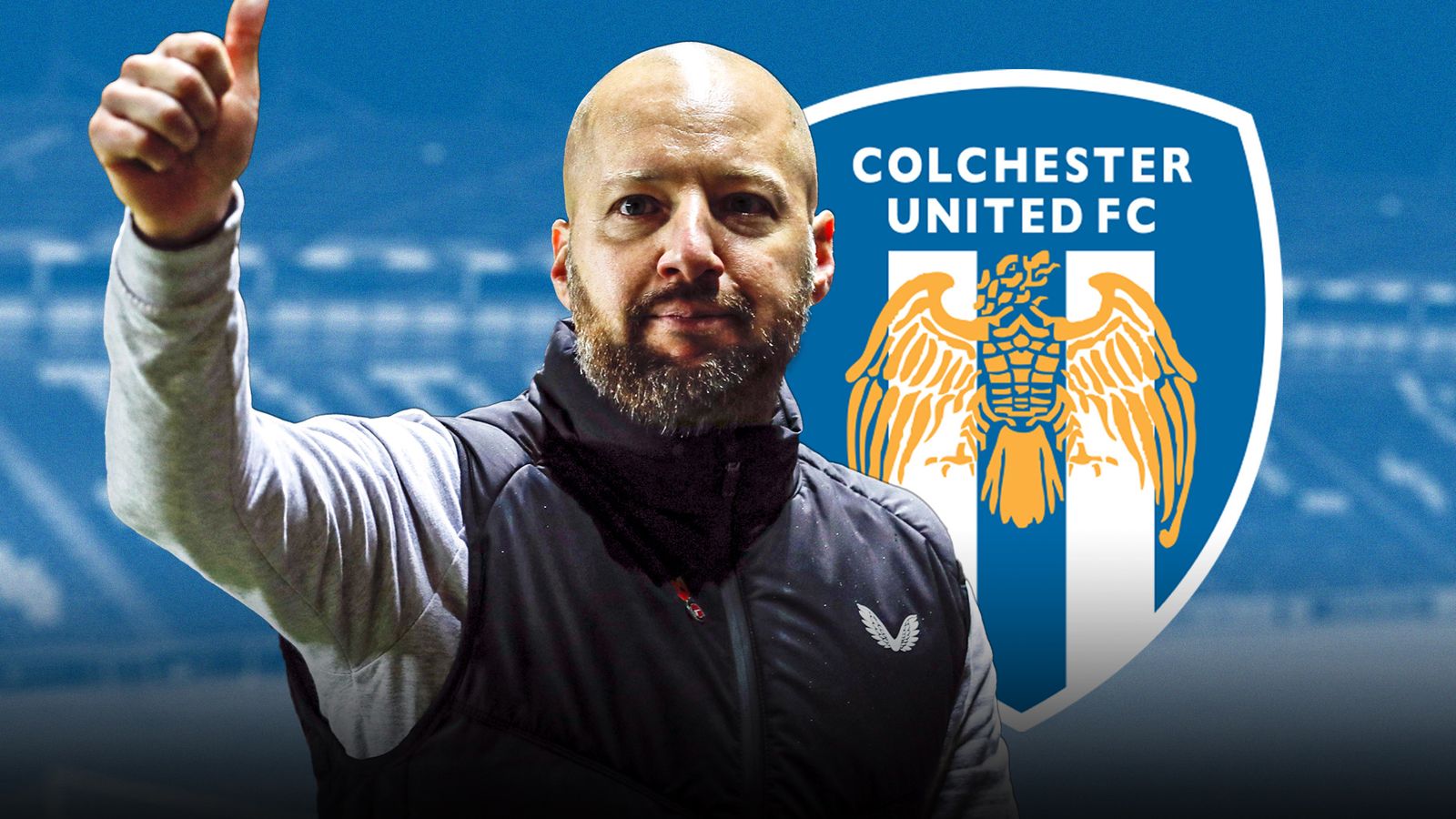
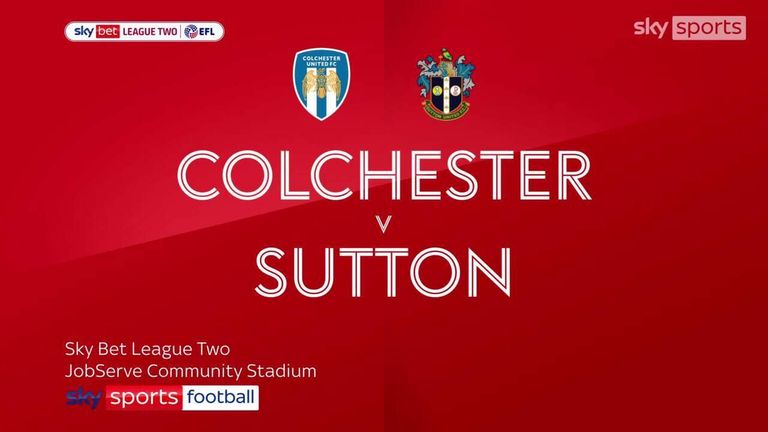



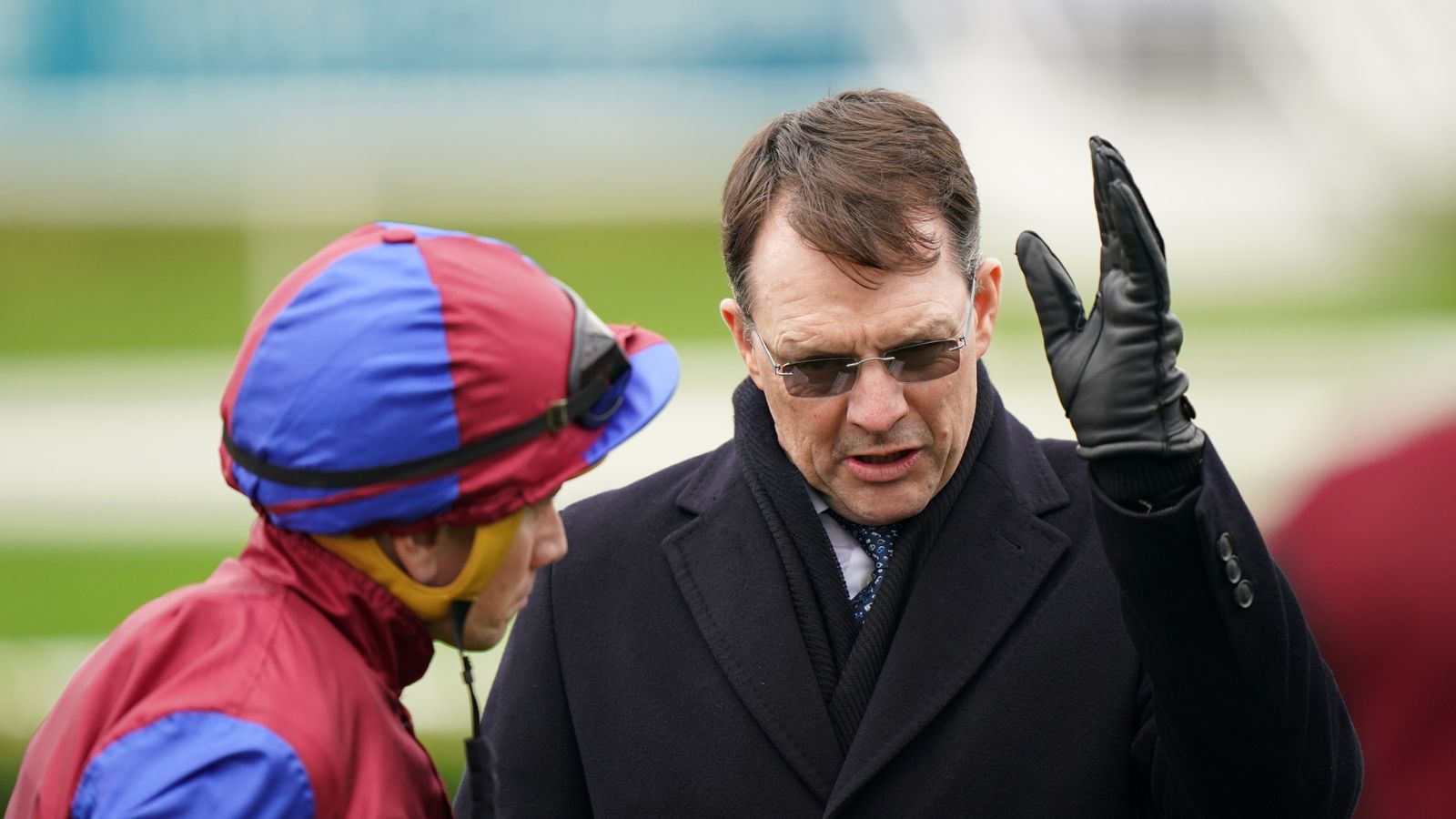
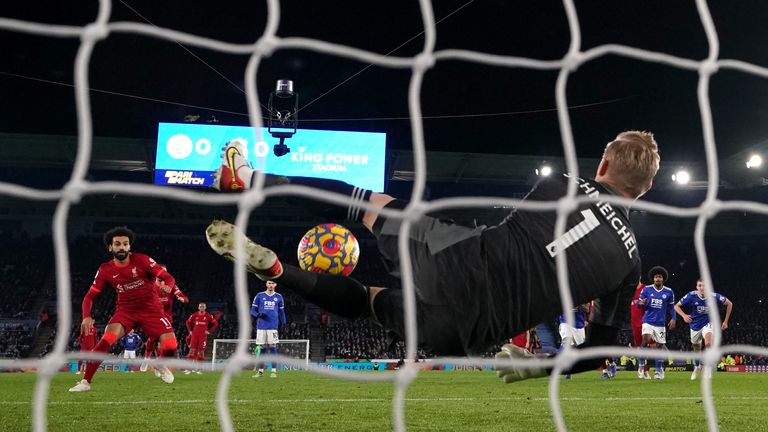
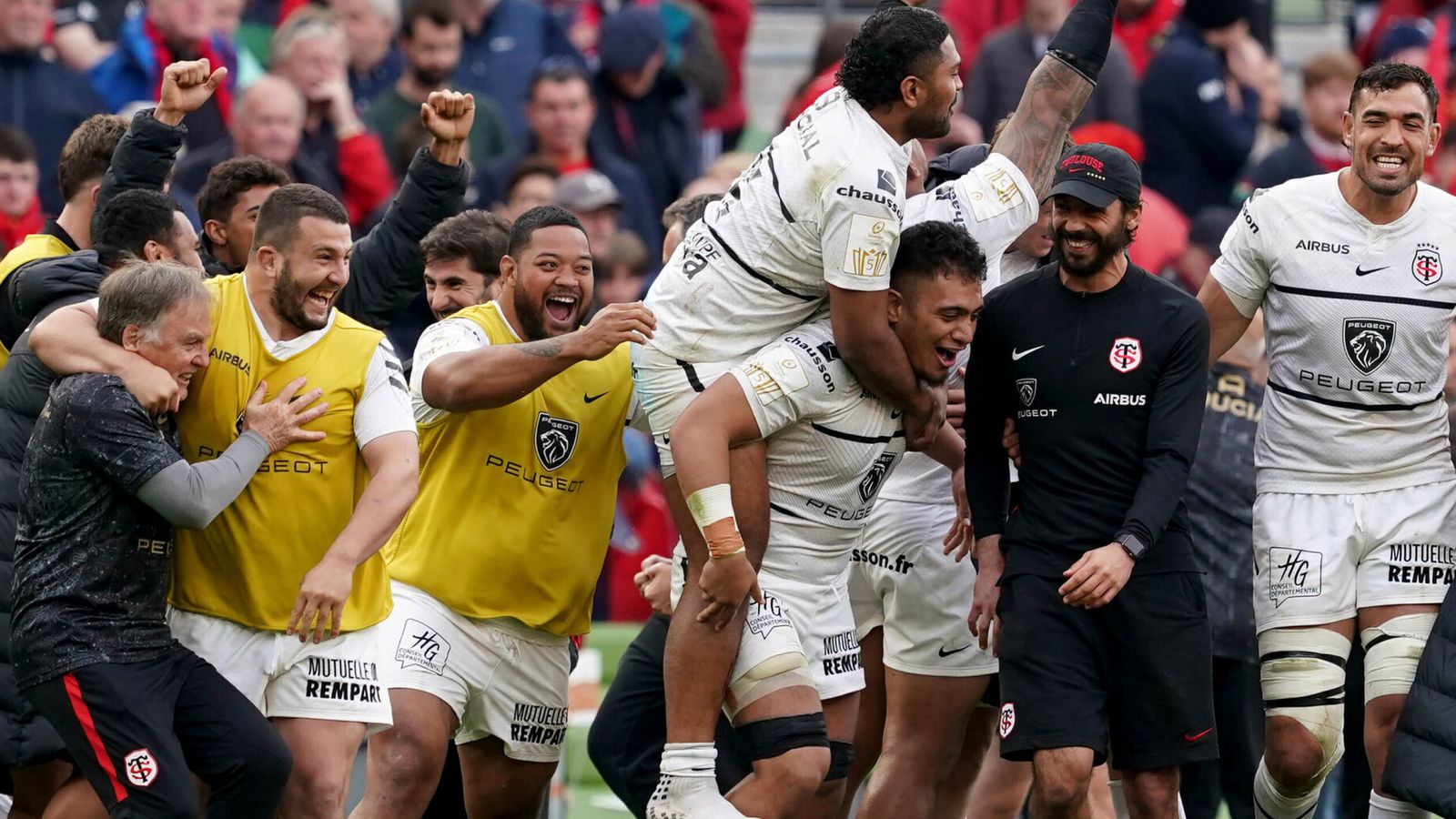
Pingback: Stapelstein Balance Board Grijs
Pingback: รับทำ Backlink
Pingback: F1 shake
Pingback: Jaxx Liberty
Pingback: nutrition
Pingback: pg168